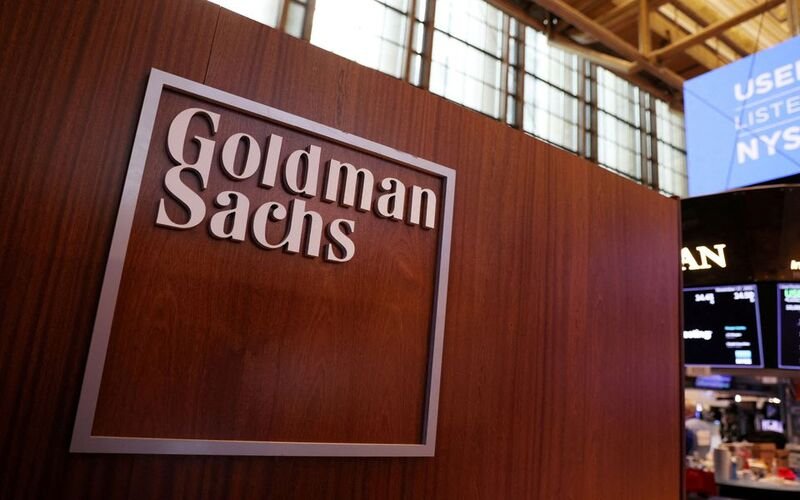Goldman Sachs and Apple Card: Unravelling a Complex Partnership
Introduction
Once hailed as a groundbreaking partnership, Goldman Sachs and Apple Card are now facing uncertainties and potential separation. The collaboration between the investment bank and the technology giant commenced in 2019, aiming to revolutionize the credit card industry with innovative features and seamless integration into Apple’s ecosystem. However, recent reports suggest that Goldman Sachs is seeking an exit from its partnership with Apple Card. This article delves into the history, challenges, and potential implications of the evolving dynamics between Goldman Sachs and Apple Card.
A Timeline of the Goldman Sachs and Apple Card Partnership
The Goldman Sachs and Apple Card partnership began in 2019 with the launch of the Apple-branded credit card. The collaboration aimed to provide users with a digital-first and customer-centric credit card experience. Customers could apply for the Apple Card through their iPhone and access robust financial management tools through Apple’s Wallet app. The innovative features and a smart physical titanium card garnered significant attention and positioned Apple Card as a disruptor in the credit card industry.
Controversies and Challenges
Despite the initial enthusiasm surrounding the Goldman Sachs and Apple Card partnership, controversies and challenges emerged, straining the relationship between the two companies. One of the notable controversies was the gender bias allegations that surfaced in 2019. Accusations were made regarding unequal credit limits offered to male and female cardholders. The incident sparked an investigation by the New York Department of Financial Services, resulting in Goldman Sachs committing to addressing potential disparities and reevaluating its credit underwriting practices.
In addition to the gender bias allegations, Goldman Sachs faced regulatory probes and transaction disputes, further complicating its partnership with Apple. The investment bank incurred losses, prompting concerns about the sustainability and profitability of its consumer banking initiatives. These challenges likely influenced Goldman Sachs’ decision to explore alternatives and potentially end its partnership with Apple Card.
The Potential Split and Its Implications
Recent reports suggest that Goldman Sachs is in talks with American Express to transfer its Apple credit card and high-yield savings account products. This potential split would significantly change the previous partnership agreement between Goldman Sachs and Apple. While the involved parties have made no official comments, the discussions indicate Goldman Sachs’ retreat from its struggling consumer banking initiatives and a shift in focus.
For Goldman Sachs, ending the partnership with Apple Card could have implications for its consumer banking expansion plans. The investment bank may need to reevaluate its strategy and reassess its approach to offering financial products directly to consumers. The potential transfer of Apple Cards to American Express raises customer impact concerns, as customers may face changes in terms, rewards, and user experience. However, such a transition could allow Apple to consolidate its financial efforts and reduce reliance on third-party partners. By increasing the number of Wallet app users and promoting Apple Pay, Apple can further integrate its services and enhance its ecosystem.
Future Possibilities and Collaborations
While the potential split between Goldman Sachs and Apple Card raises questions about their future collaboration, it is worth considering alternative scenarios. Despite the challenges, both companies have committed to their respective initiatives. They may explore avenues for future collaboration, possibly focusing on sustainability or a rebranded Apple Card in partnership with American Express.
Conclusion
The Goldman Sachs and Apple Card partnership, once marked by excitement and innovation, is now facing uncertainties as Goldman Sachs seeks an exit from the collaboration. Challenges such as controversies, regulatory probes, and losses have contributed to this decision. As the potential split unfolds, Goldman Sachs must reassess its consumer banking expansion plans, while Apple aims to consolidate its personal finance efforts. The outcome of these developments will shape the future landscape of the credit card industry and the dynamics between financial institutions and technology companies.



















































